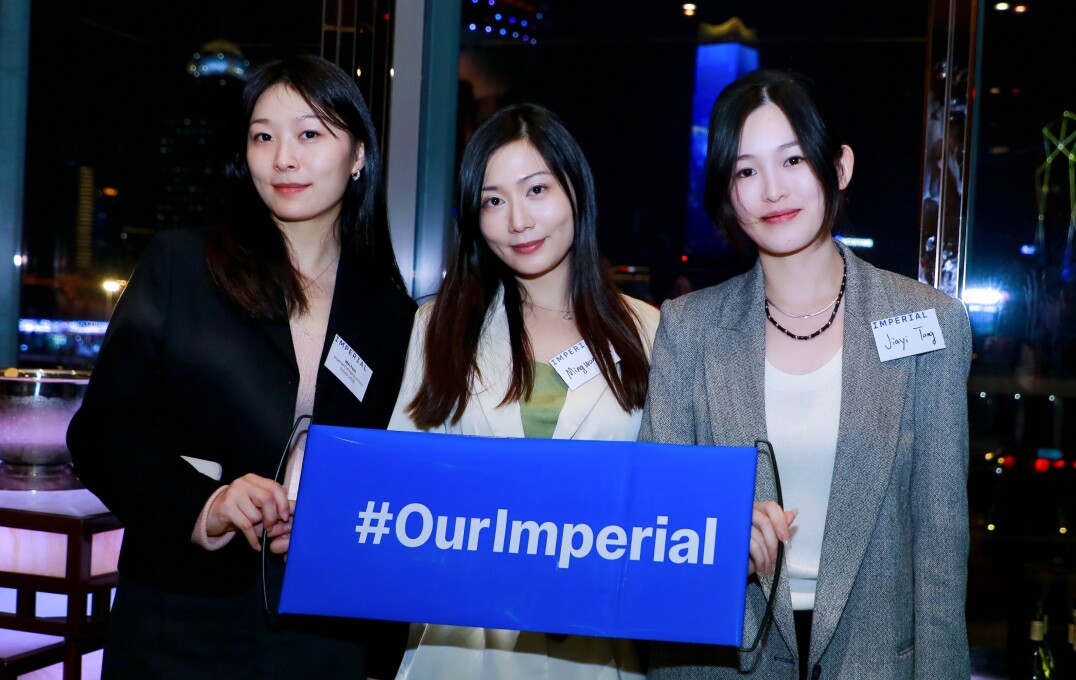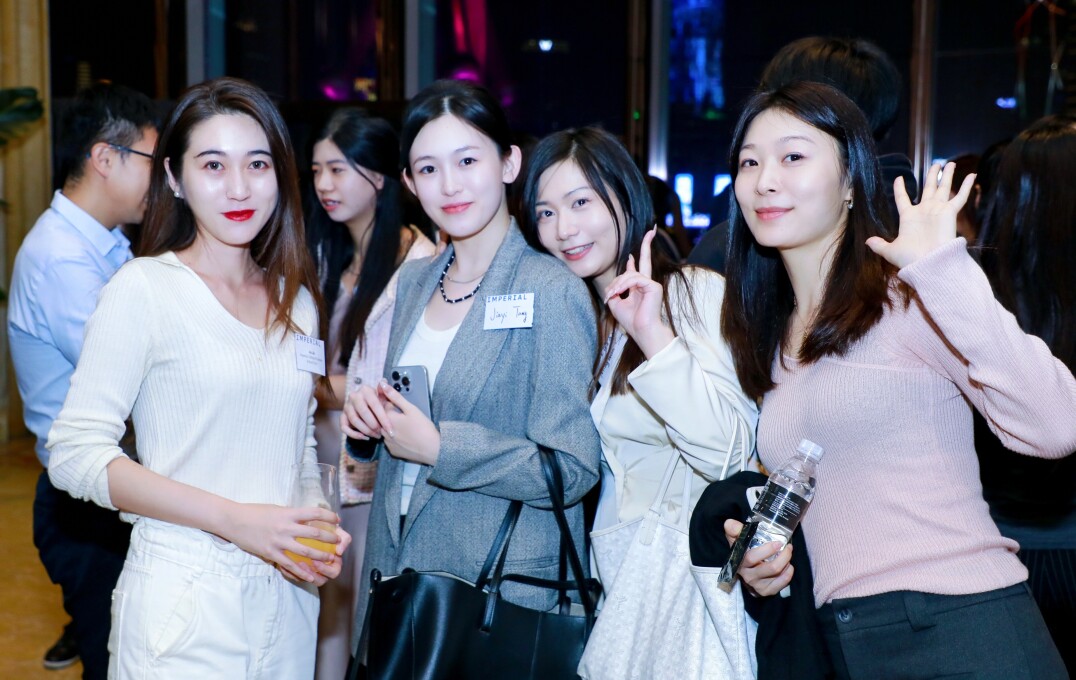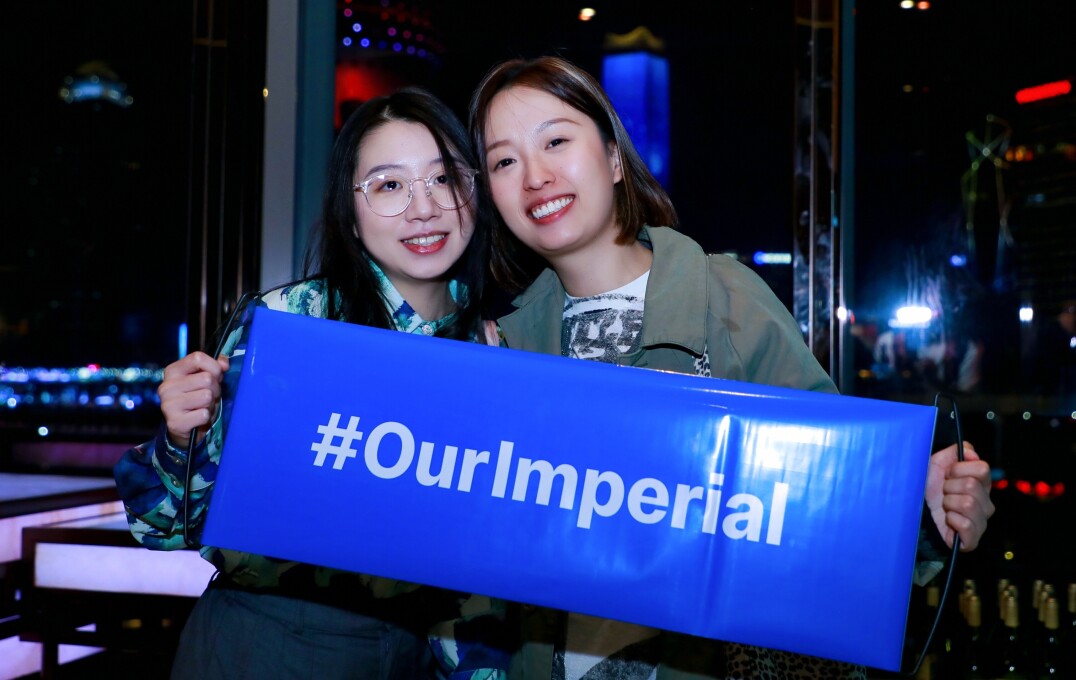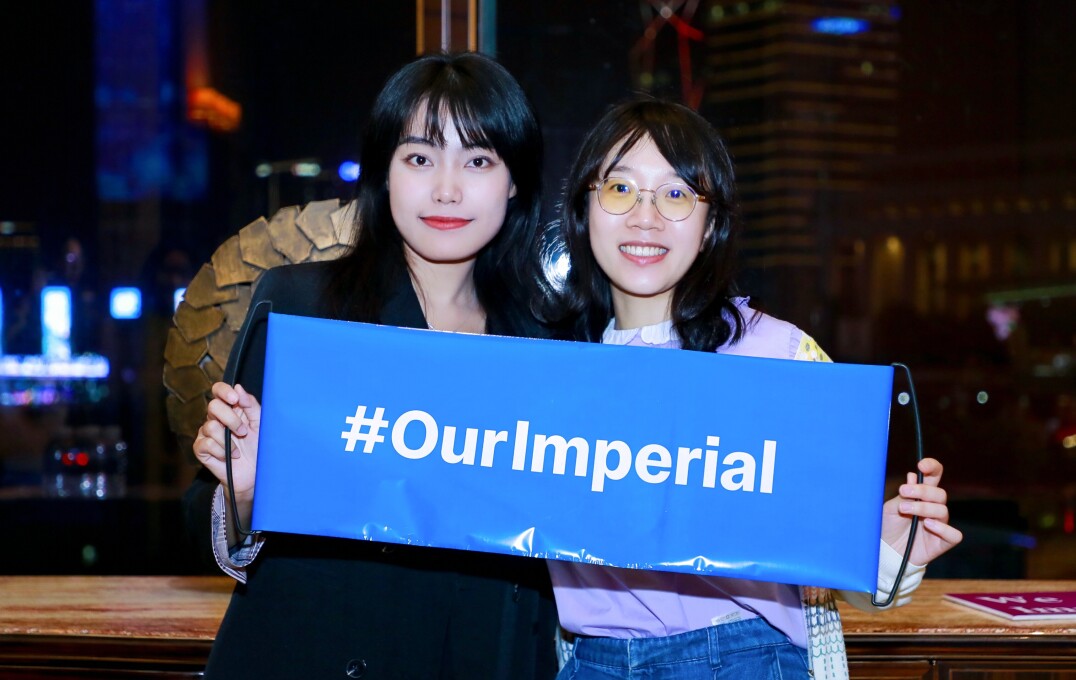Imperial celebrates its alumni in Shanghai
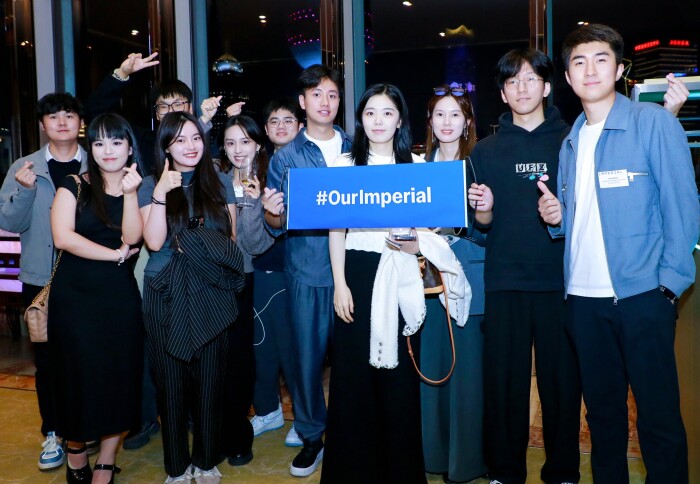
More than 200 alumni and friends joined Imperial's President in Shanghai to celebrate their life-long connections.
Speaking at the event, Professor Hugh Brady, President of Imperial, gave an overview of the university's new strategy, Science for Humanity, and the importance of international collaboration to tackle global challenges.

Professor Brady said: "Every day our students, staff and partners come together to tackle the biggest challenges facing humanity and shape a better future."

Imperial has more than 4,000 Chinese students and more than 9,000 Chinese alumni.
Professor Brady thanked the alumni for their continued support for the university. Professor Brady said: "Imperial is full of incredibly talented students, and your support ensures everyone has the chance to make the most of the opportunities available to them – setting themselves up for future success, wherever their lives take them."

Professor Brady also spoke about Imperial's increasing sustainability work.
Professor Brady said: "We are determined to set a global benchmark for university sustainability, nurturing graduates who understand and advocate for climate science, supporting our researchers to investigate and respond to planetary challenges, and leading by example in our activities and on our campuses."
Tackling global challenges
Imperial researchers are collaborating with academics at China’s top universities to find solutions to some of society’s most pressing challenges, from innovations for clean energy to antimicrobial resistance and vaccine manufacturing.
Imperial researchers have co-authored more than 3,000 publications in leading scientific journals with their Chinese peers over the past five years.
During his visit to China, President Brady visited Tsinghua University where he and Professor Li Luming, President of Tsinghua, renewed a strategic partnership in education, research and innovation across science, engineering, medicine and business to address shared global challenges within the areas of health, climate and sustainability.
For example, academics from Imperial and Tsinghua are working on cost-effective ways to transition to low-carbon energy.
The two universities also collaborate with the Technical University of Munich to run a virtual entrepreneurship programme called the Global Challenge Lab.
Article text (excluding photos or graphics) © Imperial College London.
Photos and graphics subject to third party copyright used with permission or © Imperial College London.
Reporter
Stephen Johns
Communications Division

